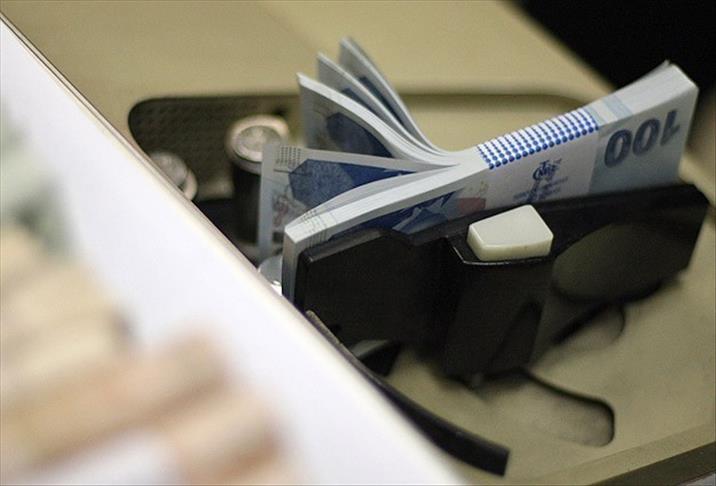
Turkey's current account deficit is expected to decrease further due to the “two-tier” credit policy implemented by the country’s Central Bank, according to a senior economist from Ziraat Investment House.
This “two-tier” credit policy has meant that the bank has let commercials loan grow, in an attempt to support exporters, while slowing down consumer loans.
The bank has said that the current account deficit decreased by US$5.09 billion in the period January – March to US$60billion. The cause of this decrease was due mainly to a US$5.2 billion annual decrease in the country’s foreign trade deficit, imports, exports and an increase in its service sector.
Bora Tamer Yilmaz, an economist with Ziraat Investment House, commented “we believe that Turkey´s current account deficit will continue improving due to the country’s savings gap, which makes domestic consumption dependent on credit growth. Having realized this, the Central Bank switched to a tight and disciplined stance in 2011 limiting annual credit growth rate by 15 percent."
Another factor that affects the reduction of Turkey’s current account deficit is the fluctuation of the Turkish lira. A low Turkish Lira, like during the recent plunge in January where the Turkish Lira dropped to January to almost 2.4 to the U.S. dollar, helps Turkish exports compete in the world market.
However, this drop in value of the Turkish lira in January was also seen as possibly endangering the Turkish economy, which is heavily dependent on dollar and euro-pegged transactions and loans for the country’s everyday business. Yet, a rise in the Turkish Lira will have broad implications for the national economy, affecting Turkish citizens' lives in terms of cheap imports and low interest rates.
Yilmaz on this said “Although the main driver of the current account deficit is credit growth in line with general economic theory empirically net exports contribute positively when Turkish lira depreciates. Finally, we have started observing the “J-Curve” effect on the current account balance. Depreciation of the lira from 1.80s in early 2013 to above 2.10 against the dollar contributes to external re-balancing as well."
Meanwhile Turkish Gross Domestic Product (GDP) is estimated to have increased by four percent in 2013, compared with 2.1 percent in 2012 and Turkey is aiming for a 4 percent economic growth target for 2014.
"We have been of the view that rate of change in GDP will outpace rate of change in current account deficit which is also coming true. Re-balancing is a painful process that takes years. Rome was not built overnight. So Turkish economy is heading in the right direction slowly but surely, “Yilmaz concluded.
englishnews@aa.com.tr


